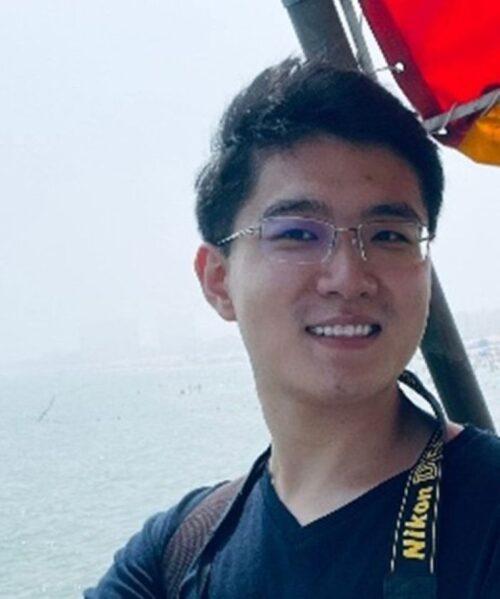
Vinisha Singh Basnet
Degrees: MS, Entomology, University of Illinois Urbana-Champaign, 2025
MA, Environment & Development, Ambedkar University Delhi, 2012
Research Interests: Basnet’s research connects political and insect ecologies with urban and environmental planning to show how more-than-human relations can inform planning theory and practice. She combines ethnographic and molecular ecology approaches to examine complex social-ecological issues, integrating biological and social perspectives in her work. Her work has implications for designing collaborative and sustainable futures.
Description of Research: Basnet’s research examines how human-insect relations are informed by complex social-ecological systems and planning responses. Her prior work includes co-anchoring a Ford Foundation-funded action-research initiative (2017-2019), where she conceptualized and co-created the Living Broodlac Bank. This community-based germplasm repository was designed to strengthen the livelihood opportunities of indigenous resin insect rearers. Building on this engagement with human-insect relations, her doctoral research investigates the political ecology of bed bugs in the United States. This work is two-fold: it examines how bed bugs in low-incoming neighborhoods are embedded within complex systems, and how their presence reshapes everyday experiences in ways that connect to broader issues of housing, health, and governance. She teaches Urban Ecology (UP 406) in the Department of Urban and Regional Planning and is also a member of the Medical Entomology Lab and the Illinois Housing Lab at UIUC. Her work has appeared in Planning Theory (2024). She has also been recognized with competitive grants and fellowships from the IJURR Foundation, the Society of Ethnobiology, and UIUC, as well as awards for both research and teaching.
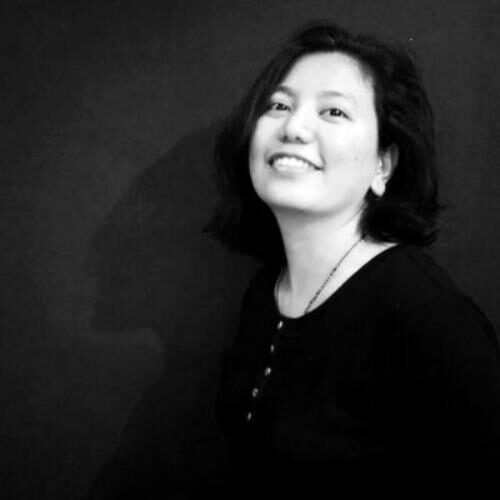

Janet Ami Husunukpe
Degrees: BSc. Architecture (Kwame Nkrumah University of Science and Technology); M. Arch (Kwame Nkrumah University of Science and Technology); MUP (UIUC); GRID Minor (Gender Relations in International Development) (UIUC)
Research Interests: Housing Policy and Financialization, urban development, feminist methods, migration and feminist political economy.
Description of Research: I am a critical feminist global urban scholar whose work lies at the intersection of transnational migration, tourism-driven urbanism, feminist political economy, and housing policy. My research interrogates how global economic shifts, diaspora return initiatives, and speculative urbanism shape urban development, with particular attention to gentrification, land use, and the everyday struggles of low-income residents, especially women engaged in social reproduction and caregiving.
My dissertation project lies at the intersection of transnational migration, feminist political economy, and tourism-driven urbanism in Accra, Ghana, focusing on the impact of Ghana’s “Year of Return” and “Beyond the Return” initiatives on the city’s urban landscape. These government-led initiatives, designed to attract investment from second+ generation Ghanaians, people of African descent in the diaspora, and expatriates, have spurred private investment and development in real estate. I focus on these initiatives launched in 2019, specifically the period beginning from 2019 to date, as this period has received a record inflow of diaspora and rapid increase in short-term rental (STR) serviced developments. These developments, largely driven by tourism and foreign capital, cater primarily to tourists, expatriates, and return migrants, reflecting an emphasis on luxury real estate over affordable housing. Consequently, this shift has intensified gentrification, displacing lower-income residents and escalating housing inequality. As such, I critically examine on one hand how the state, through its urban and investment policies, actively promotes the development of STR developments at the expense of affordable housing. On the other hand, I examine how these developments shape new landscapes of labor and housing inequalities for domestic workers who sustain them, which are essential to the model of “hands-off” investments marketed to expatriates, return migrants and tourists.
My scholarship has been supported by the American Association of University women International Fellowship.

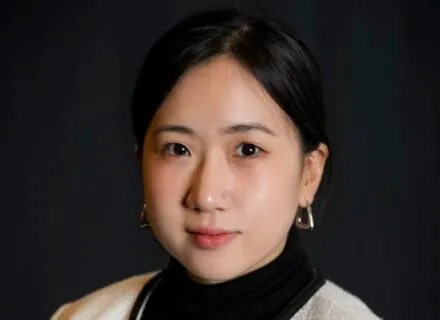
Nadia Kim
email / LinkedIn / Personal website
Degrees: Master of City Planning in Urban and Social Innovation (Seoul National University); Bachelor of Architecture, Minor in Cultural Studies (Pratt Institute)
Research Interests: Institutional Inequality; Local Governance; Political Economy; Social Infrastructure; Education and School Finance; Historical Legacies
Description of Research: My research examines how institutional inequalities persist within urban planning and governance systems. In particular, I focus on the ways in which governance and fiscal structures shape the provision of social infrastructure and contribute to spatial disparities, with education and school finance serving as a key domain of inquiry. I also investigate how historical legacies continue to structure present-day opportunities, showing why inequities endure despite reform efforts and what this reveals about the limits and possibilities of planning. Ultimately, my work situates planning within the political economy of uneven development, examining how governance and fiscal systems sustain persistent disparities in the provision of social infrastructure.
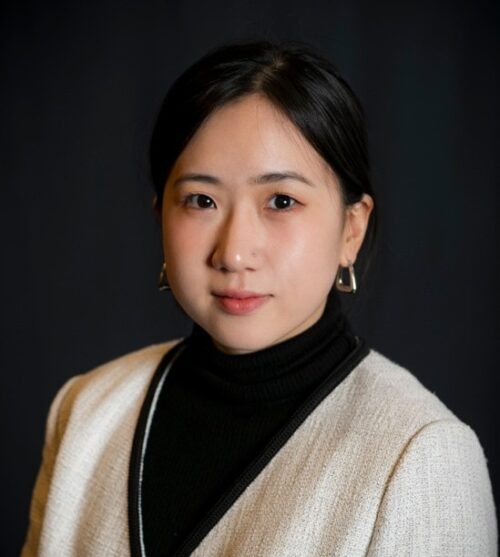
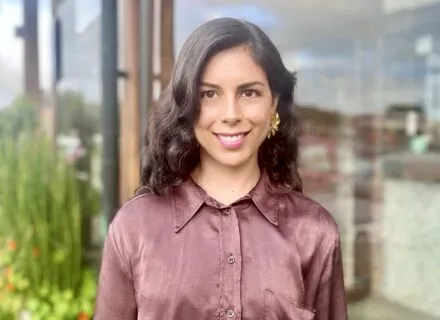
Camila Madariaga Potthoff
Degrees: BSc. Architecture (Universidad de Talca, Chile); M.A. Urban and Regional Planning, University of Illinois at Urbana-Champaign
Research Interests: Rurality, Urban expansion, sustainability, feminism, decolonialism, urban informality, feminist methods, grassroots activism, public policy.
Description of Research: Studying architecture at a school deeply engaged with its rural environment has shaped my interests and questions about the nuances between urban and rural areas. This experience has led me to critically examine the dichotomous definitions used in city planning, especially in the global south. Employing feminist methods and perspectives, I explore the power dynamics between urbanized centers and rural areas and identify characteristics that could foster the development of strategies to preserve rurality amid urban expansion. Furthermore, I am committed to promoting sustainable growth, focusing on how we can achieve development that supports both urban and rural communities without compromising their distinct identities and ecosystems.
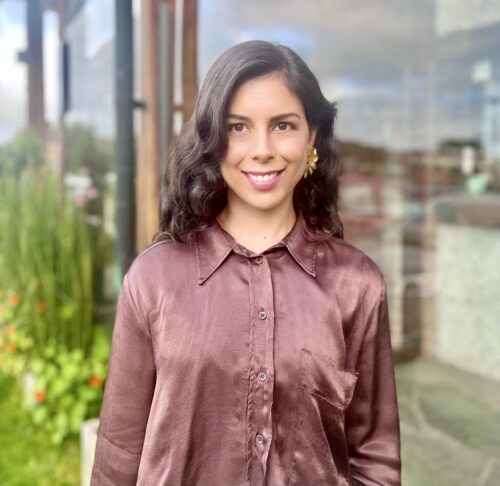
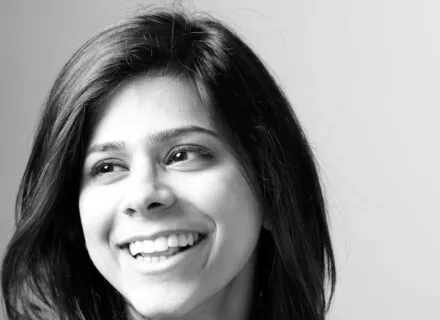
Marwah Maqbool Malik
Degrees: Bachelors in Economics (Lahore University of Management Sciences, Pakistan), Masters in International Development (University of Manchester, United Kingdom)
Research Interests: Climate adaptation planning; feminist methods; climate justice; decolonial praxis; grassroots planning
Description of Research: I am a feminist decolonial scholar in the second year of my PhD program in the Department of Urban and Regional Planning at the University of Illinois Urbana-Champaign. I am also mother to a two-year-old toddler who continues to shape my journey as an academic through lessons in empathy and reflexivity. My interests lie in bringing feminist decolonial scholarship to climate change discourse(s) and policy making, especially in the context of countries at most risk from climatic impacts. As a feminist decolonial scholar within planning, I seek to contribute to conversations on climate adaptation planning by pushing for radical change processes that transform lives of communities at-risk
Trained as an Economist in my Bachelor’s, I spent several years thereafter consulting for international development agencies on projects dealing with climate change adaptation, disaster risk management, and social protection. My experience from my consulting years convinced me of the need for alternatives to dominant, conventional approaches to climate adaptation. I became interested in questions about transformative adaptation practices. As a feminist decolonial scholar I constantly questioned the role I could play in envisioning and enacting alternatives that work for communities at-risk. These questions and motivations guide my current research and define the purpose of my PhD program.

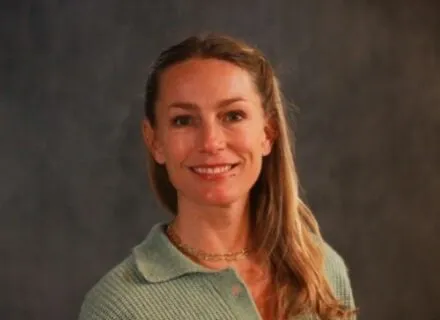
Amanda Merck
Degrees: B.S. in Public Health, American Military University; Master of Public Health, University of Texas Health School of Public Health
Research Interests: Transportation, public policy, determinants of health, fundamental human needs, performance management, and harmful beliefs
Description of Research: Transportation and urban planning practices shape our physical and social world and determine who gets access to what. However, because many of these practices are rooted in a history of discriminatory policymaking and investment decision-making, American neighborhoods were not created equal, resulting in unjust obstacles to stay healthy and thrive. My research interests are to explore the consequences of and contributors to inequities in transportation and land-use decision-making and to better understand transportation barriers that threaten social, economic, and health outcomes. As the medical and public health fields explore screening tools to measure transportation insecurity; as state and local transportation departments and agencies transition to performance-based planning and programming; as federal and state transportation engineering standards are updated; and as federal and state dollars continue to get pumped into health care, poverty reduction programs, and roadways, my goal is to understand and work at the intersection of these efforts to ensure the best use of public investment.
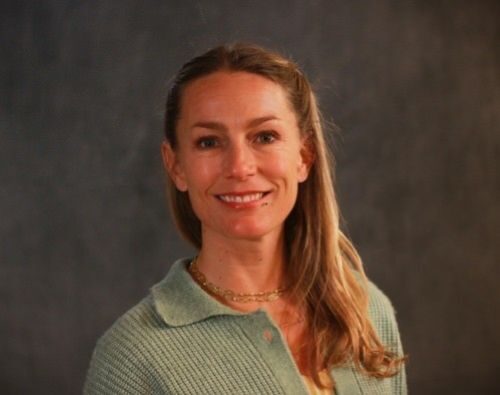
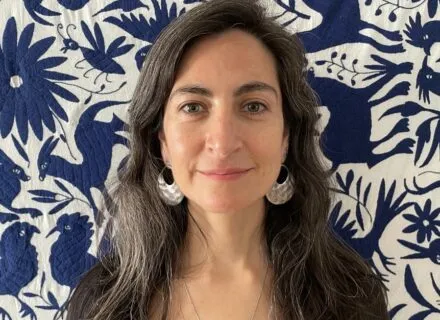
Daniela Morales Fredes
Degrees: B.A. Legal and Social Science, Universidad de Chile; Lawyer, Supreme Court; Graduate Diploma in Aesthetics and Philosophy, Pontificia Universidad Católica de Chile.
Research Interests: Environmental justice, cultural heritage, grassroots planning practices, human rights and memory studies, socio-environmental organizations, and Latin American thought.
Description of Research: Daniela has more than ten years of experience working in Chilean public institutions such as the National Monuments Council and the Ministry of Culture, Arts, and Heritage and as a private practitioner supporting grassroots organizations and local communities. She has also participated in and led several research projects and consultancy on cultural heritage, human rights, and environmental planning, applying participatory design and planning methods. She is an Inaugural Mellon Foundation Interseminars Graduate Fellow from the Humanities Research Institute at UIUC.
Daniela’s research analyzes the role of planning and environmental policies in Chile’s evolution and consequences of extractive industries. She explores the legacies and effects of regulatory frameworks and space creation/normalization structures such as the Environmental Impact Assessment System: how racialized territories and colonial continuities shaped the regulatory framework to produce industrialized landscapes that perpetuate displacement and systematic human rights violations.
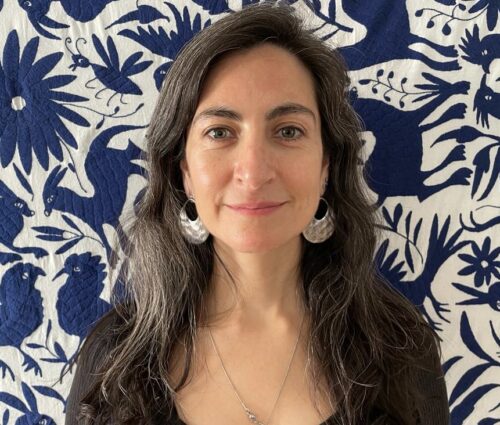
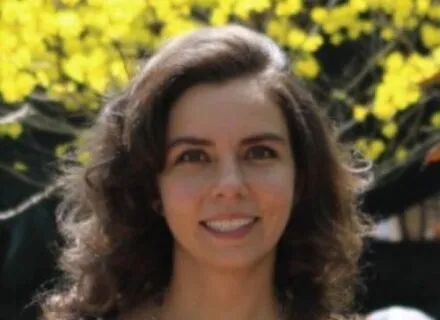
Julia Paiva
Degrees: Double major in Civil Engineering and Architecture-Urbanism, Universidade De Sao Paulo, Brazil; Master in Urban and Regional Planning, University of Illinois Urbana-Champaign.
Research Interests: Housing policy, financialization, and racial inequalities, applying geospatial analysis combined with qualitative methods.
Description of Research: Before starting my master’s degree, I worked as a planning consultant for Inter-American Development Bank, in the division of Housing and Urban Development. My international experience also encompasses one year study in Belgium, where I developed a research project in Mozambique, a research project in Ecuador and intensive short-term courses in the Netherlands and France.
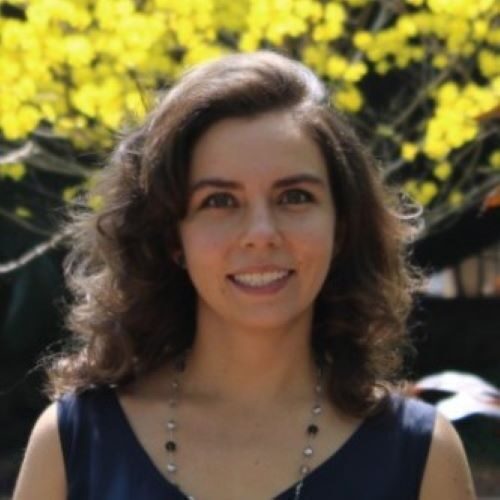
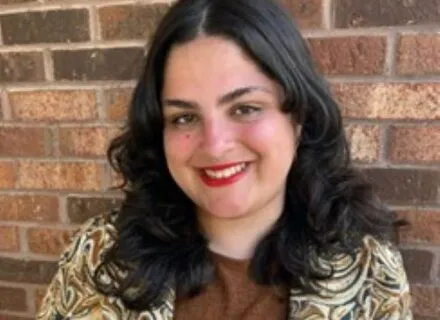
Luisa Ponte
email /LinkedIn / personal email
Degrees: Bachelors in architecture and urbanism (2016-2022) – Federal University of Ceara (UFC); Master in urban planning (2023-2025) – University of Illinois Urbana-Champaign
Research Interests: Situated knowledge: grassroots planning practices; community engagement and participatory methods; political ecology; urban and environmental policy; urbanization in contexts of socio-environmental vulnerability; counter-hegemonic production of spatial knowledge; urban informality; decolonial praxis
Description of Research: For almost a decade now, I have been working with architecture, urbanism and urban planning related initiatives alongside underprivileged communities and social movements in my hometown Fortaleza, Brazil. This praxis, known in Brazil as “popular technical assistance”, centers local knowledge and positions technical expertise as an aid to territorial demands and struggles. I started engaging with this type of initiative at the beginning of my academic life, and it has become a very important part of my professional and personal identity.
This background is essential for framing my lenses coming into research. I position myself somewhere between an academic and a practitioner, allowing these roles to inform each other back and forth. During my PhD, I intend to continue past research efforts of identifying the disconnects between policy and local practices of groups directly dealing with the environment. I argue that despite their (green) discourse, mainstream environmental solutions tend to perpetuate old colonial structures of space building. Thus I am focused on understanding how communities and social movements envision possible relationships with the environment, and in which ways they organize action towards it. My spatial analysis is still anchored in Brazil, but I aim to understand more deeply how this relates to a broader Latin American experience. This investigation stems from the understanding of the environment, land, and territory as fundamental features of the construction of urban space and disputes over it, while also seeking to foreground knowledge that is situated and produced collaboratively.
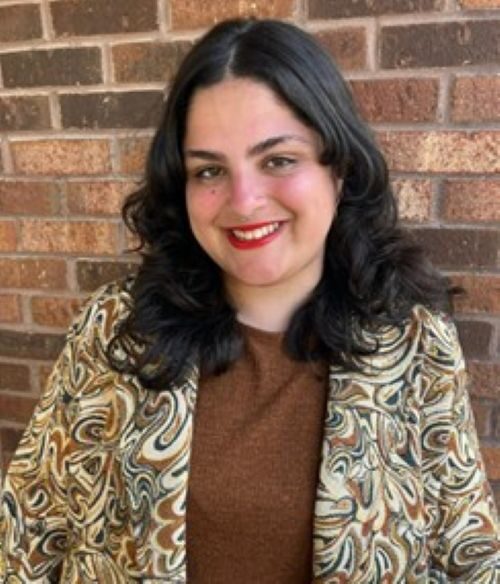
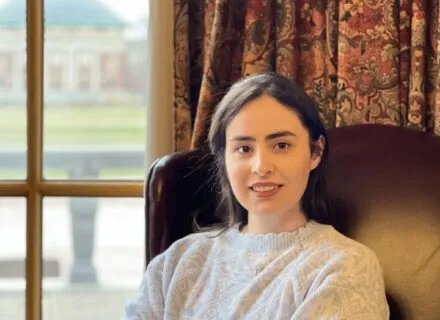
Shiva Sheikhfarshi
Degrees: Bachelor of Urban Planning from Art University of Isfahan, Iran; Master of Urban Design from Iran University of Science and Technology, Tehran, Iran
Research Interests: Urban microclimate, public health, walkability and travel behavior, urban informatics, parametric design, city modeling and simulation
Description of Research: With a background in urban planning and design, my research focuses on exploring innovative strategies and approaches to urban planning that can help create more sustainable and resilient cities and built environments. Through my work, I aim to understand the impact of changing microclimatic conditions in urban spaces on neighborhood energy demand, thermal comfort and health, and to examine how well-designed and thermally comfortable communities can play a role in promoting economic, social, and environmental sustainability in the context of climate change.
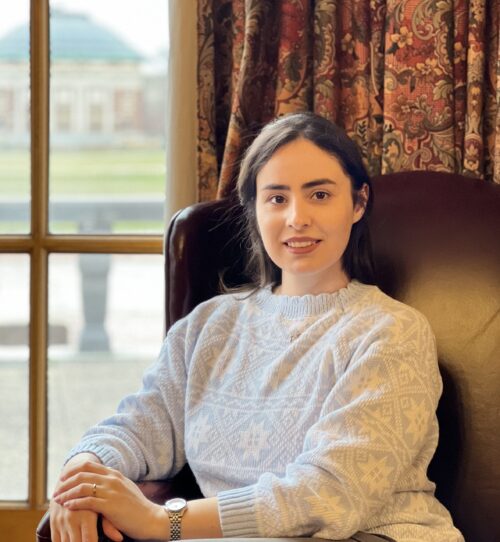
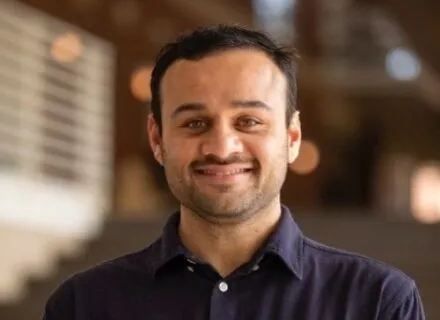
Srirang Sohoni
Degrees: Bachelor of Technology in Urban Planning (College of Engineering Pune, India, 2020); Master of Urban Planning (University of Illinois at Urbana-Champaign, 2023)
Research Interests: Urban mobility, travel demand management
Description of Research: I like to apply quantitative methods on transportation-related data to better understand the challenges to green and equitable urban mobility. Currently, I am part of a research team working on an Illinois Department of Transportation (IDOT)-funded project. The objective is to identify transit deserts across the state. Key research tasks in this work include identifying transit-dependent populations using travel diary survey data, analyzing transit service quality using GTFS data, and subsequently mapping areas where transit demand is not met. The project also involves engaging with transit riders and planning practitioners to explore feasible strategies for mitigating transit access gaps. Previously, I have studied the impacts of removing minimum parking requirements in US cities.
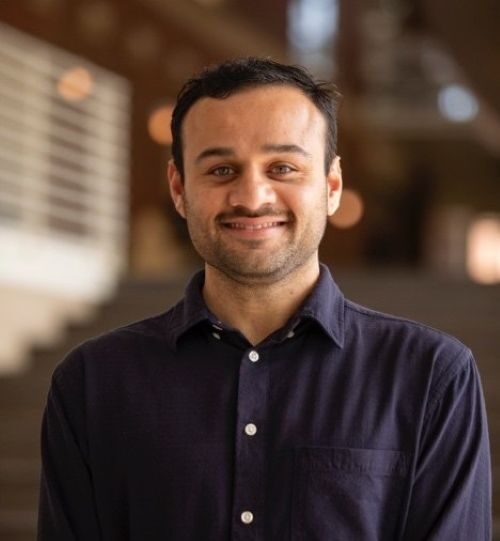
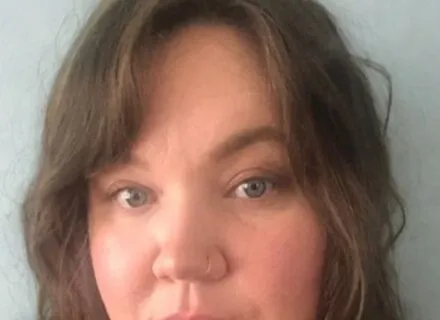
Emma Walters
Degrees: Emma received a B.A. in International Relations and Religion from Boston University and a M.A. in Urban and Regional Planning from the University of Illinois at Urbana Champaign
Research Interests: Housing policy, urban shrinkage, urban governance and politics, political economy, community and economic development
Description of Research: Emma Walters is a PhD student in the Department of Urban and Regional Planning at the University of Illinois at Urbana Champaign. She explores housing policy and community and economic development within the context of urban shrinkage and left-behindness. Through this intersection of housing policy, governance, and economic and demographic changes, Emma examines the socio-economic and political complexities of urban shrinkage and its relationship to stable, affordable housing and quality of life. Her work asks us to shift our focus from growing, coastal cities towards shrinking places to reframe our understanding of modern-day housing crises, to question the privileging of some response strategies over others, and to center the role of repair in housing and urban policy.
By analyzing home repair and rehabilitation in left-behind places, Emma’s dissertation examines how the repair of housing is governed, who has the right to repair, and why repair has not become a self-evident policy solution in the United States.
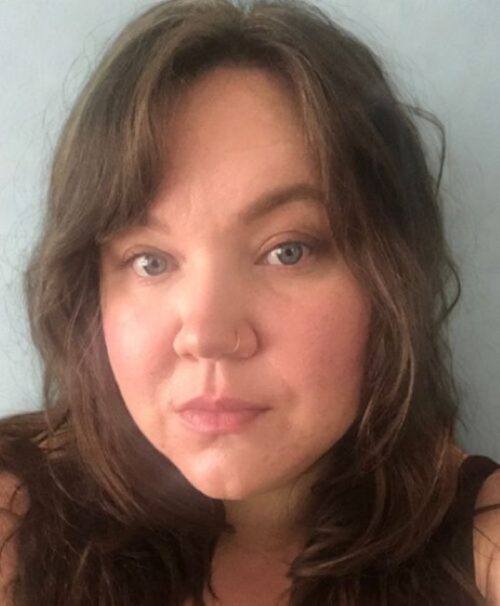
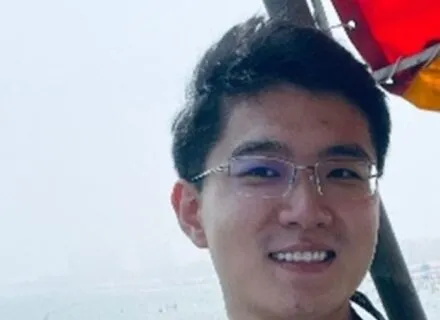
Zhenpeng Zhang
Degrees: Master of Urban Planning, University of Illinois at Urbana-Champaign
Research Interests: Urban economic development; climate change; spatial data analysis; machine learning; GIS
Description of Research: My current research focuses on industrial transformation under climate change. I aim to address the following questions:
- To what extent does climate change drive these transformations, given that they can be decomposed into factors such as technological change, supply-demand balance, and investment?
- What is the potential of digital transformation and AI transformation in mitigating climate change?
- How do urban and regional systems respond to these transformations under different contexts?
